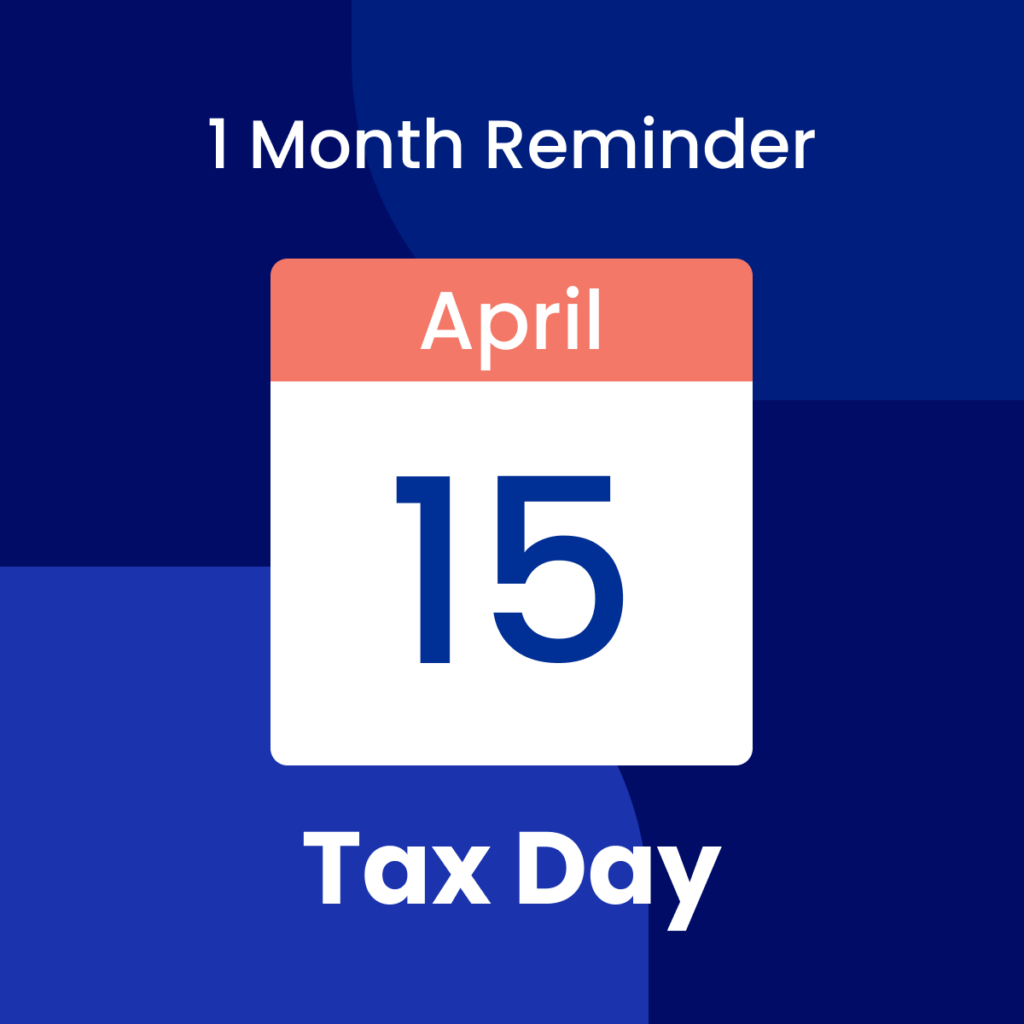Tax day is Monday, April 15, 2024. If you request an extension, your deadline to file is October 15, 2024.
When Are Taxes Due in 2024?
In 2024, the due date for filing your 2023 tax returns for most taxpayers in the United States will be April 15th. However, since April 15th falls on a Sunday, and the following Monday is Emancipation Day, a holiday observed in Washington D.C., the deadline will be pushed to the next business day, which is Tuesday, April 16, 2024. This applies to both filing tax returns and making tax payments.
For those who request an extension, the deadline to file their 2023 tax returns will be Monday, October 15, 2024, since the usual extension date of October 15th falls on a Sunday.
Remember, these dates are for federal tax returns. State tax deadlines can vary, so it’s important to check the specific due dates for your state.
2024 IRS Key Tax Dates
- Jan. 16: Final estimated tax payment for 2023 due
- Jan. 29: IRS begins processing 2023 tax returns
- April 15: Filing deadline for 2023 taxes. First estimated tax payment for tax year 2024 due
- June 17: Second estimated tax payment for 2024 due
- Sept. 16: Third estimated tax payment for 2024 due
- Oct. 15: Extended deadline to file 2023 tax return
- Jan. 15, 2025: Fourth estimated tax payment for 2024 due
When Are State Income Taxes Due?
State income tax deadlines can vary by state, but most align with the federal tax deadline. For the tax year 2023, with the federal deadline on April 16, 2024, due to the 15th falling on a Sunday and Emancipation Day on the 16th, many states will likely follow suit and set their deadlines for state income tax returns on the same day.
There are exceptions, and some states may have different filing deadlines or specific rules, especially those without a state income tax requirement.
Here are a few things to keep in mind regarding state income tax deadlines:
- Check your state’s tax agency: For the most accurate and up-to-date information, visit your state’s department of revenue or taxation website. They will provide specific deadlines for filing and payments.
- Extensions: Like the federal tax return, most states allow for an extension to file (but not to pay). The extension period varies by state but often mirrors the federal extension, giving taxpayers until October 15 to file their state income tax return if they requested an extension.
- States without income tax: Some states, such as Florida, Texas, and Nevada, do not have a state income tax, so residents in these states do not need to file a state tax return for income taxes.
- Special circumstances: Some states may have specific deadlines due to state holidays or other considerations. For example, states like Massachusetts and Maine celebrate Patriots’ Day, which can sometimes affect the tax filing deadline in those states.
To ensure compliance and avoid penalties, verify the specific deadlines for your state. If you’re unsure or need assistance, consider consulting with a tax professional or your state’s tax agency.
How Can Small Businesses Prepare for Tax Day 2024?
Preparing for tax day can be a daunting task, especially for small businesses. With careful planning and organization, you can make the process smoother and more efficient.
Here are some steps small businesses can take to prepare for tax day 2024:
Understand the Deadlines
- The tax filing deadline for most businesses in the U.S. is April 15, 2024.
- For businesses structured as S Corporations or partnerships, the deadline to file returns is March 15, 2024.
- Be aware of any extensions or changes due to unforeseen circumstances, such as natural disasters or pandemics.
Gather and Organize Financial Records
- Collect all necessary financial documents, including income statements, balance sheets, bank statements, invoices, receipts, and any documents related to business expenses.
- Ensure all records are accurate and up-to-date. Digital accounting software can be very helpful in keeping track of these documents throughout the year. This is why we recommend using Finli, as you have all the data needed on your main dashboard.
Understand Your Deductions
- Familiarize yourself with the deductions you are eligible for, such as home office expenses, travel expenses, supplies, and equipment.
- Keep detailed records of all deductions to substantiate them in case of an audit.
Consider Depreciation
If you’ve purchased significant equipment or property for your business, understand how depreciation affects your tax situation. It can be a valuable deduction over time.
Review Tax Credits
Tax credits can directly reduce the amount of tax you owe. Look into credits for which your business might be eligible, such as those for hiring certain types of employees, energy efficiency improvements, or research and development activities.
Decide on a Filing Method
Determine whether you will file taxes yourself or hire a professional. If your business is small and you feel comfortable doing it, you might opt to file taxes yourself using software. A tax professional on the other hand can provide valuable advice and ensure you’re taking advantage of all possible deductions and credits.
Make Estimated Tax Payments
If you expect to owe $1,000 or more when you file your return, you should be making quarterly estimated tax payments to avoid penalties.
Check Your Entity Classification
Ensure your business is correctly classified (e.g., sole proprietorship, partnership, corporation, S corporation) for tax purposes, as this affects how you file and pay taxes.
Stay Informed on Tax Law Changes
Tax laws can change from year to year. Stay informed about any new tax laws or changes that could affect your business.
Plan for Next Year
Once tax day is over, start planning for the next year. Good tax planning is a year-round activity. Consider strategies to minimize your tax liability, such as retirement plans or adjusting your business structure.
By following these steps, small businesses can better prepare for tax day, reduce their tax liability, and avoid penalties for late or incorrect filings. Read more: Preparing for Tax Season as a Small Business Owner




